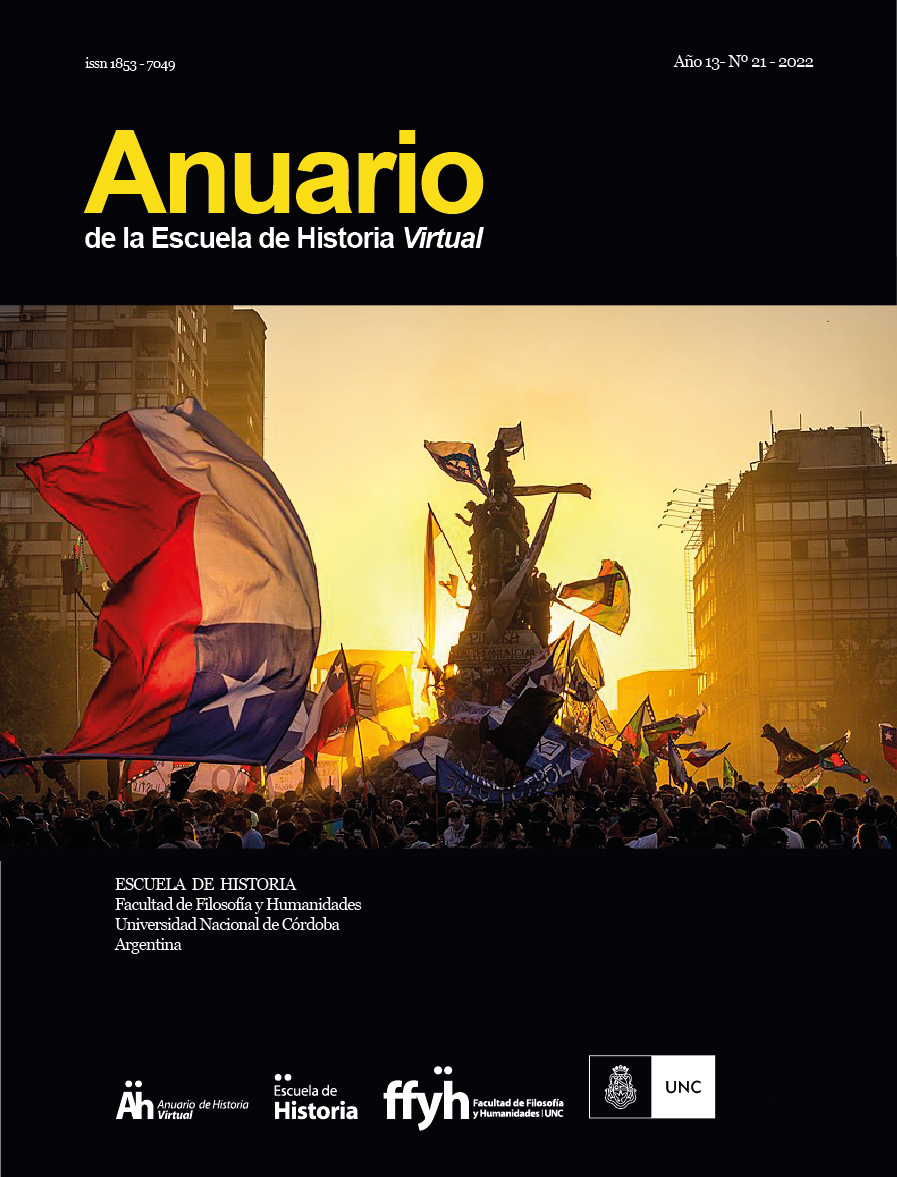Comments on the Expressive Forms of the New Rights: The Subjectivities of the Majorities in Dispute
Main Article Content
Abstract
The landscape of the new rights can be read, we think, against the backdrop of that paradoxical knotting, that unresolved tension, between that capacity for mobilization and expansion that give rise to a subjectivity trained in decades of neoliberalism and its capture in devices of expression –paradigmatically, digital platforms–, that often redirect those capacities toward deepening existing property relations and even intensifying their violence (the everyday war to “protect” one’s own and the little that one has). It is in relation to that type of dispute over the determination of a freedom, counterpoised to the accumulation of neoliberal violences, that feminisms, in their modes of constructing political alliances, have the capacity to be a driving force. This means giving credit to feminisms and movements of sexual dissidence in their migrant, slum, union, student, rural, Indigenous, popular, etc. compositions and in their mass, radical, and transnational character as crucial dynamics of destabilizing the sexual, gender-based, order and, therefore, the neoliberal political order, which are materialized in the dispute over the directions of the crisis that has continued to deepen since 2008.
Article Details

This work is licensed under a Creative Commons Attribution-NonCommercial-NoDerivatives 4.0 International License.
Bajo los siguientes términos:
Atribución - Usted debe dar el crédito apropiado, proporcionar un enlace a la licencia e indicar si se hicieron cambios. Usted puede hacerlo de cualquier manera razonable, pero no de ninguna manera que sugiera que el licenciante lo respalda a usted o a su uso.
No comercial - Usted no puede utilizar el material con fines comerciales.
NoDerivados - Si remezclas, transformas o construyes sobre el material, no puedes distribuir el material modificado.
References
Brown, Wendy. 2020. En las ruinas del neoliberalismo. Buenos Aires: Tinta Limón.
Brown, Wendy. 2020b. ““Si no trabajamos en la resignificación de la libertad perderemos esta batalla”, en conversación con V. Gago, publicado en Le monde diplomatique y blog Tinta Limón: https://www.eldiplo.org/notas-web/el-neoliberalismo-es-una-de-las-fuentes-del-ascenso-de-las-formas-fascistas-y-autoritarias/& en https://tintalimon.com.ar/post/si-no-trabajamos-en-la-resignificación-de-la-libertad-perderemos-esta-batalla/
Cavallero, L. y Gago , V. 2019. Una lectura feminista de la deuda. Vivas, libres y desendeudadas nos queremos! Buenos Aires: F. Rosa Luxemburgo.
Durand, Cédric. 2021. Tecnofeudalismo. Crítica de la economía digital. Buenos Aires: La Cebra / Kaxilda.
Gago , Verónica. 2014. La razón neoliberal. Economías barrocas y pragmática popular. Buenos Aires: Tinta Limón.
Gago , Verónica. 2019. La potencia feminista. O el deseo de cambiarlo todo. Buenos Aires: Tinta Limón.
Giorgi, G. y Kiffer, A. 2020. Las vueltas del odio: gestos, escrituras, políticas. Buenos Aires: Eterna Cadencia.
Gambetti, Zeynep. 2020. “Exploratory notes on the origins of new fascisms”, Critical Times, Berkeley, 3 (1):1-32.
Nagle, Angela. 2017. Kill All Normies: Online Culture Wars From 4Chan And Tumblr To Trump And The Alt-Right. New York: Zero Books.
Nunes, Rodrigo. 2020. “Of what is Bolsonaro name?”, Radical Philosophy, 2.09. Winter 2020.
Seymour, Richard. 2020. “The Social Industry and the ‘Lone Wolf’ Phase of Fascism”, Salvage, disponible en https://salvage.zone/articles/the-social-industry-and-the-lone-wolf-phase-of-fascism/
